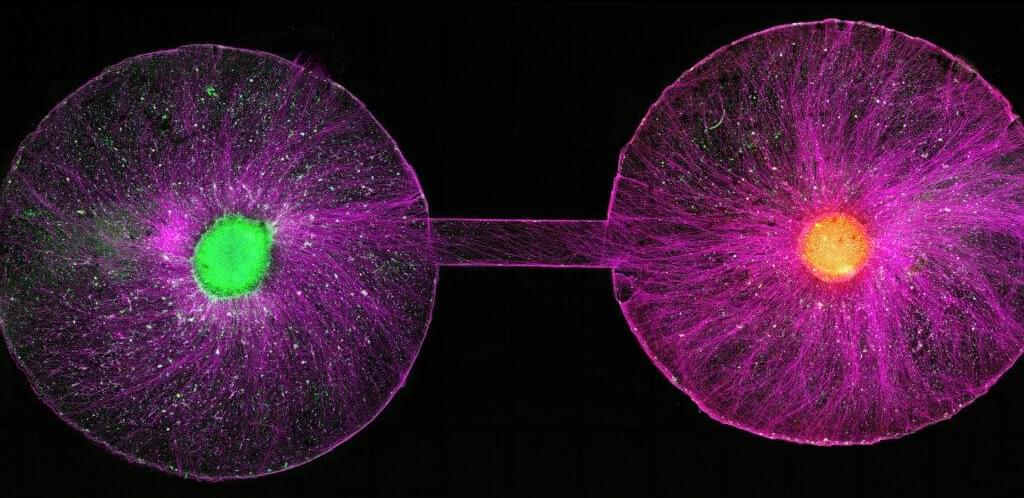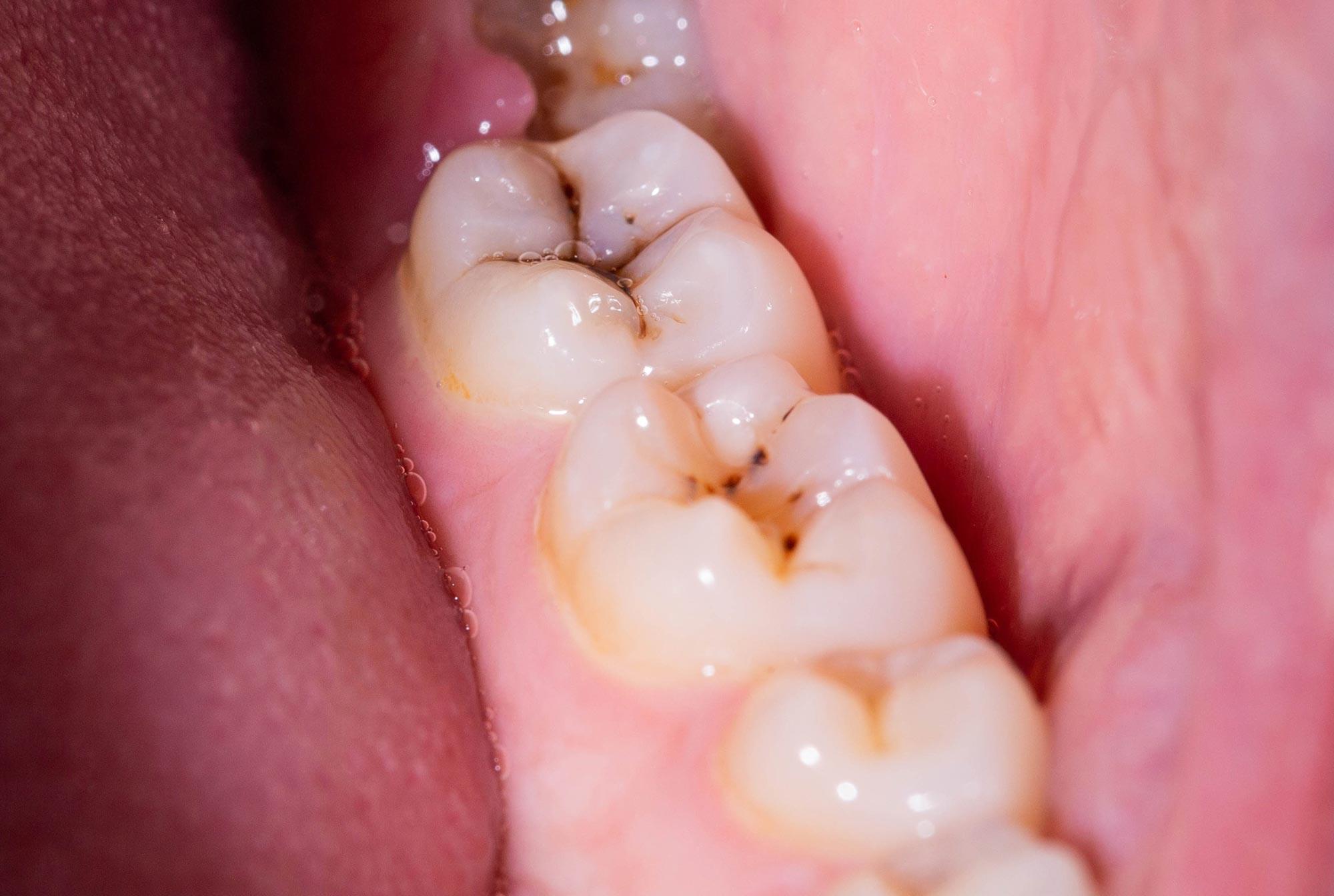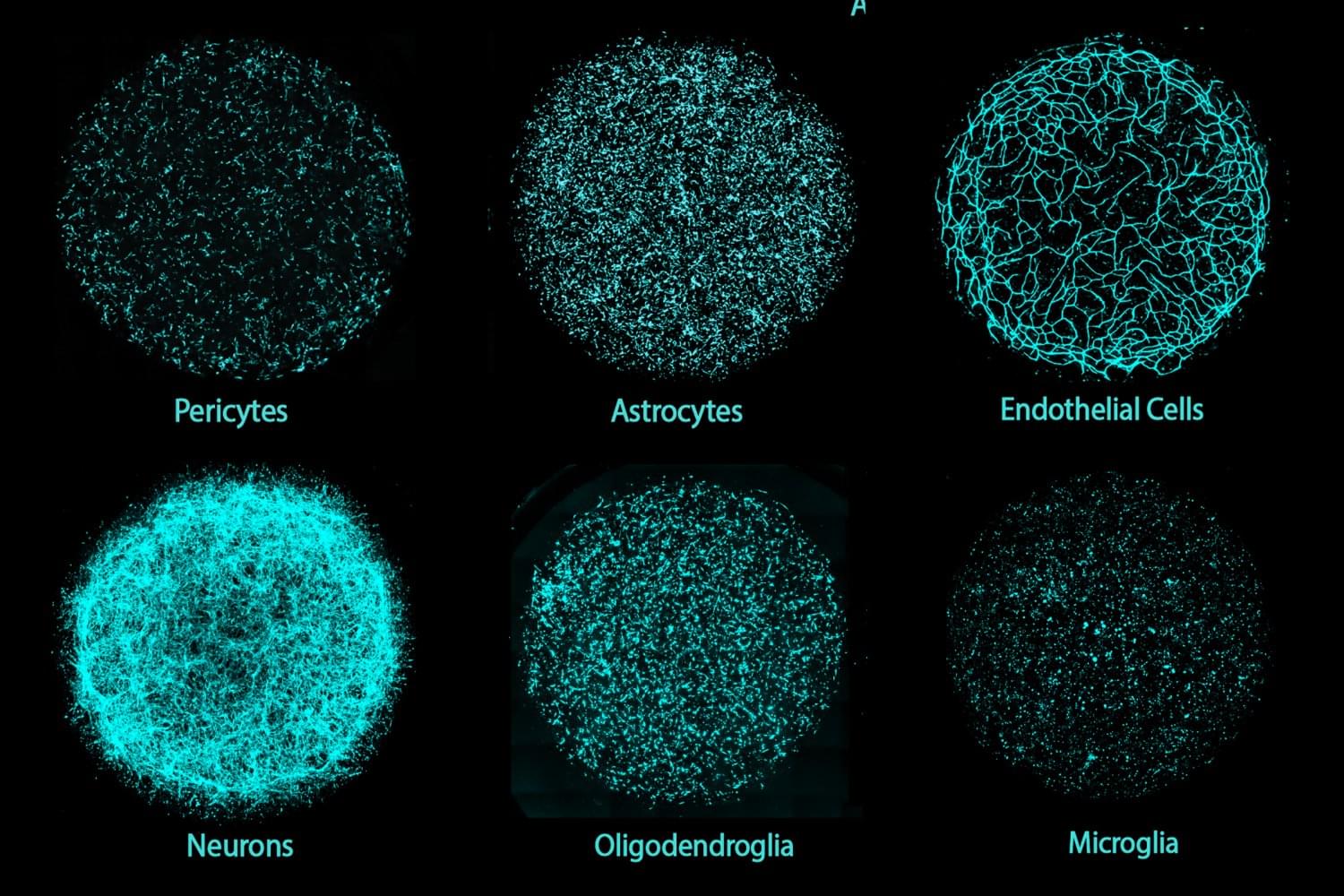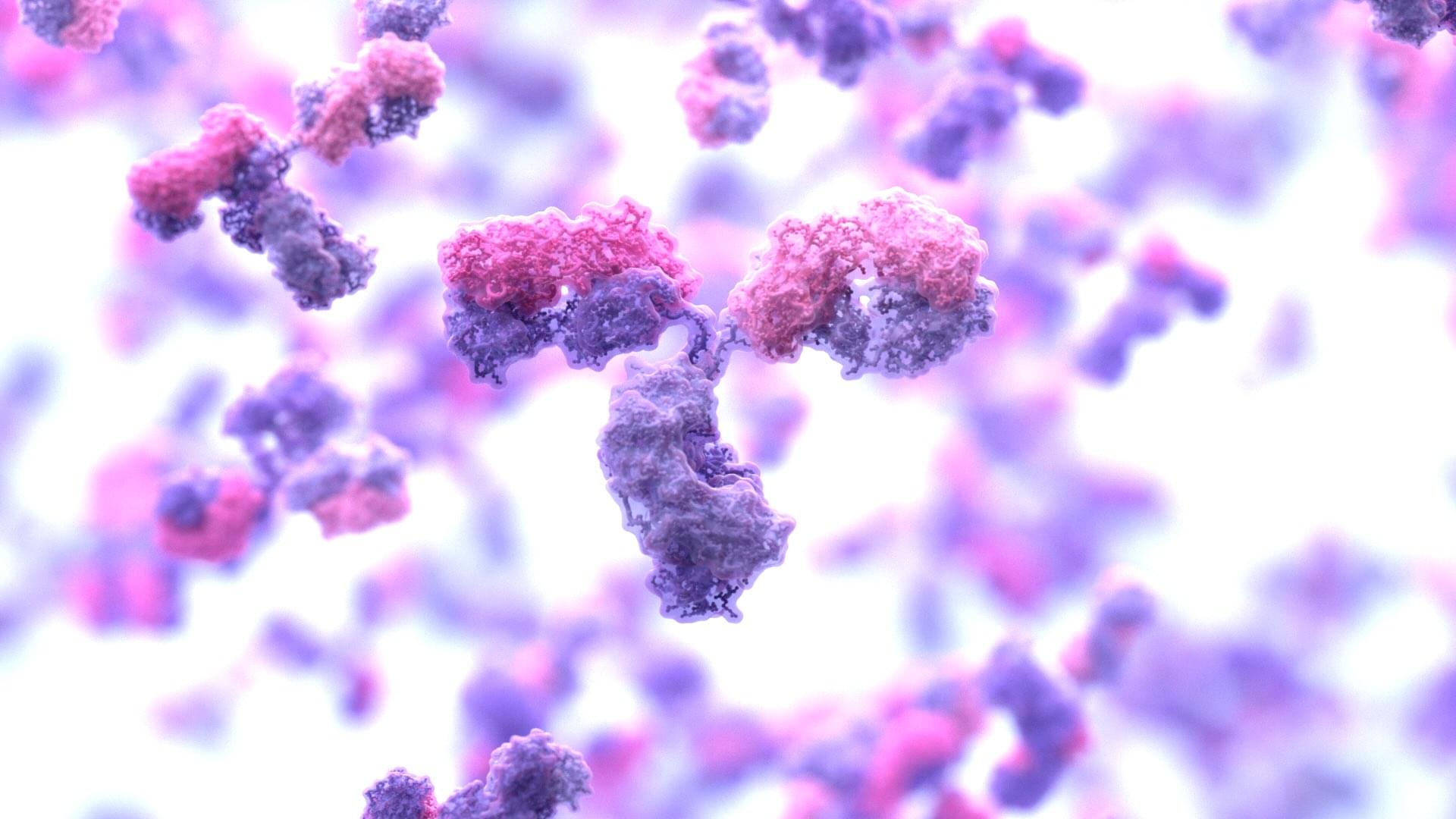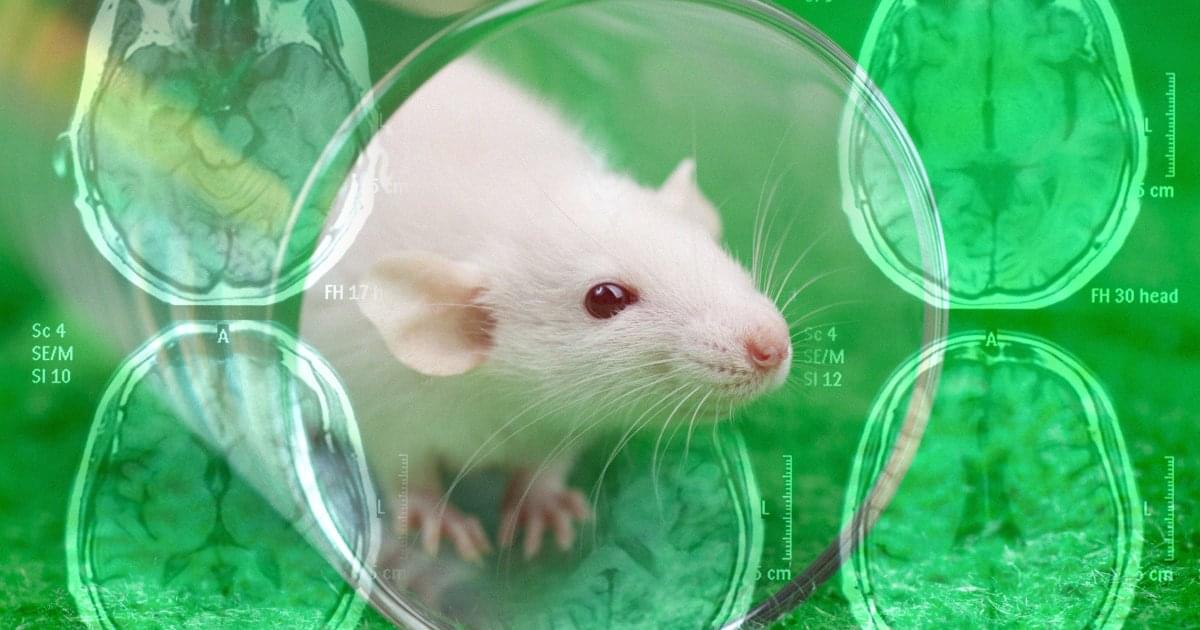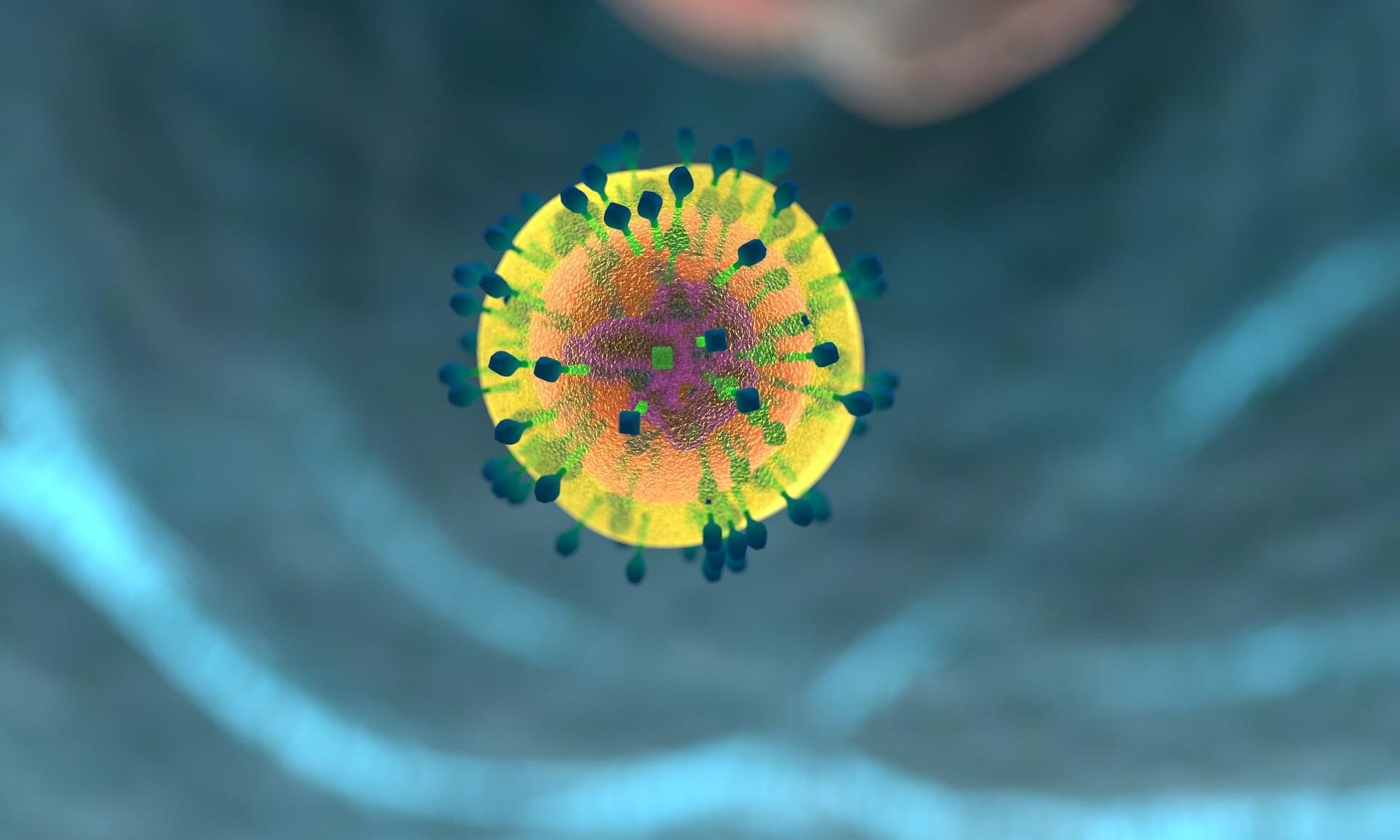Researchers at the University of Warwick have created a straightforward new way to predict how irregularly shaped nanoparticles, a harmful type of airborne pollutant, move through the air.
Each day, people inhale countless microscopic particles such as soot, dust, pollen, microplastics, viruses, and engineered nanoparticles. Many of these particles are so small that they can reach deep into the lungs and even pass into the bloodstream, where they may contribute to serious health problems including heart disease, stroke, and cancer.
While most airborne particles have uneven shapes, existing mathematical models often treat them as perfect spheres because that makes the equations easier to handle. This simplification limits scientists’ ability to accurately describe or track how real, non-spherical particles move, especially those that are more dangerous.


